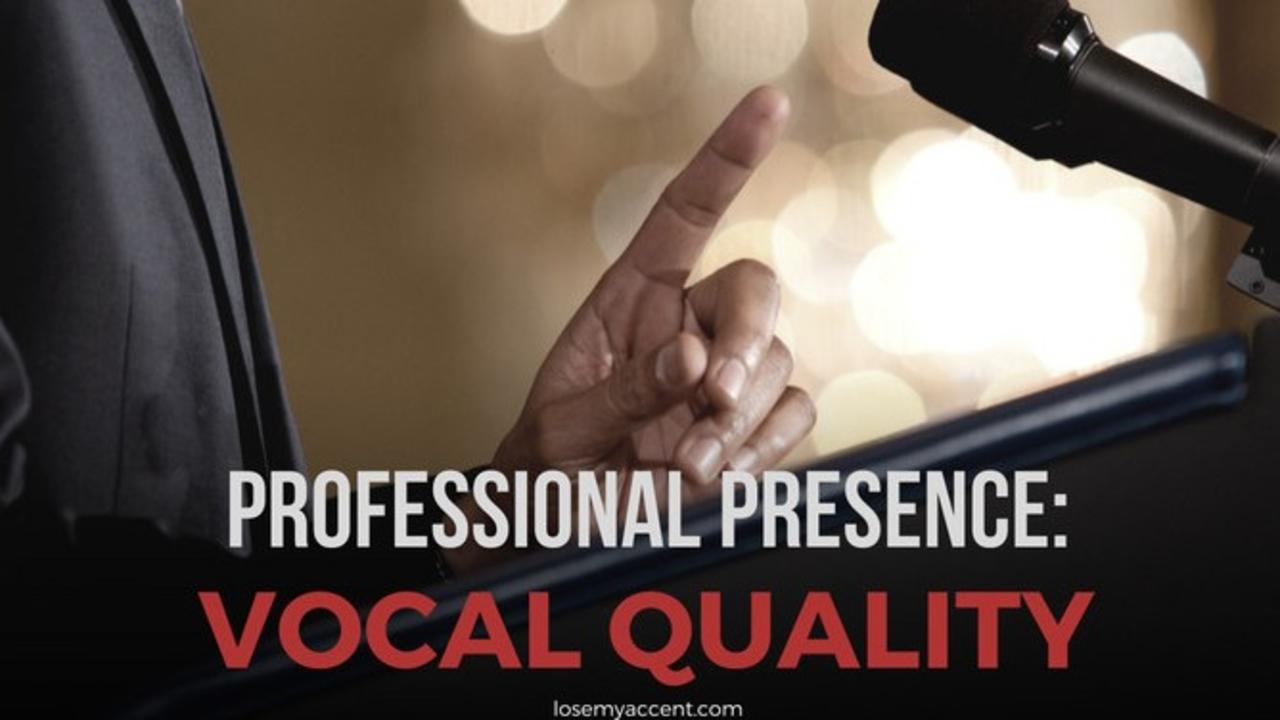Speaking Clearly with Lisa Scott
We’ve been getting a lot of rain lately where I live in the South, and although it makes for some dreary days, the payoff is outstanding: amazing flowers are blooming and filling our yards and parks!
Americans have a rhyming phrase that helps us get through the wet months:
“April showers brin...
People who love gardening often spend all winter planning what they'll grow in the spring. They pore over seed catalogs and websites, plot out their flower or vegetable beds on paper, and put aside money for new plants, mulch, and all the other necessary materials to make their garden beautiful and ...
Office Christmas parties and holiday meals are happening all through December in the corporate world, and perhaps the last thing some of us like to hear is, “I’d like you to give a toast and say a little something to everyone…”
This time, don’t be caught off-guard with what you’ll say and h...
We're living and working in an age of international connectedness. Your co-workers or clients may actually be living overseas and speak English as a second or third language, connected to you through internet chats and teleconferencing. Or, you may work daily in person with non-native English spea...
I'm truly excited this month to be sharing with you how interacting with those around you is a major factor in reducing your accent. A major research focus for American SpeechLanguageHearing Association (ASHA) has been the overuse of technology and its effect on language and hearing development, s...
Most of us recognize the voice of Siri®, the iPhone’s voice - assisted technology. But Siri® doesn’t recognize the pronunciation of everyone who attempts to communicate with her. Apple says that she handles 1 billion voice requests per week, but many non-native speakers have reverted back to text-ba...
Picture yourself in this everyday office scenario:
The staff is gathered for a presentation on a new company initiative.
The presenter passes out their information, and in a monotone fashion proceeds to plod through the slideshow presentation on the topic with seemingly little enthusiasm.
At t...
Have you ever listened to or watched a recording of yourself, and cringed at the sound of your voice? Perhaps when giving presentations, you know your voice isn't projecting the confidence you'd like... or maybe your company has realized it's time to give employees an edge with clients and shareh...












